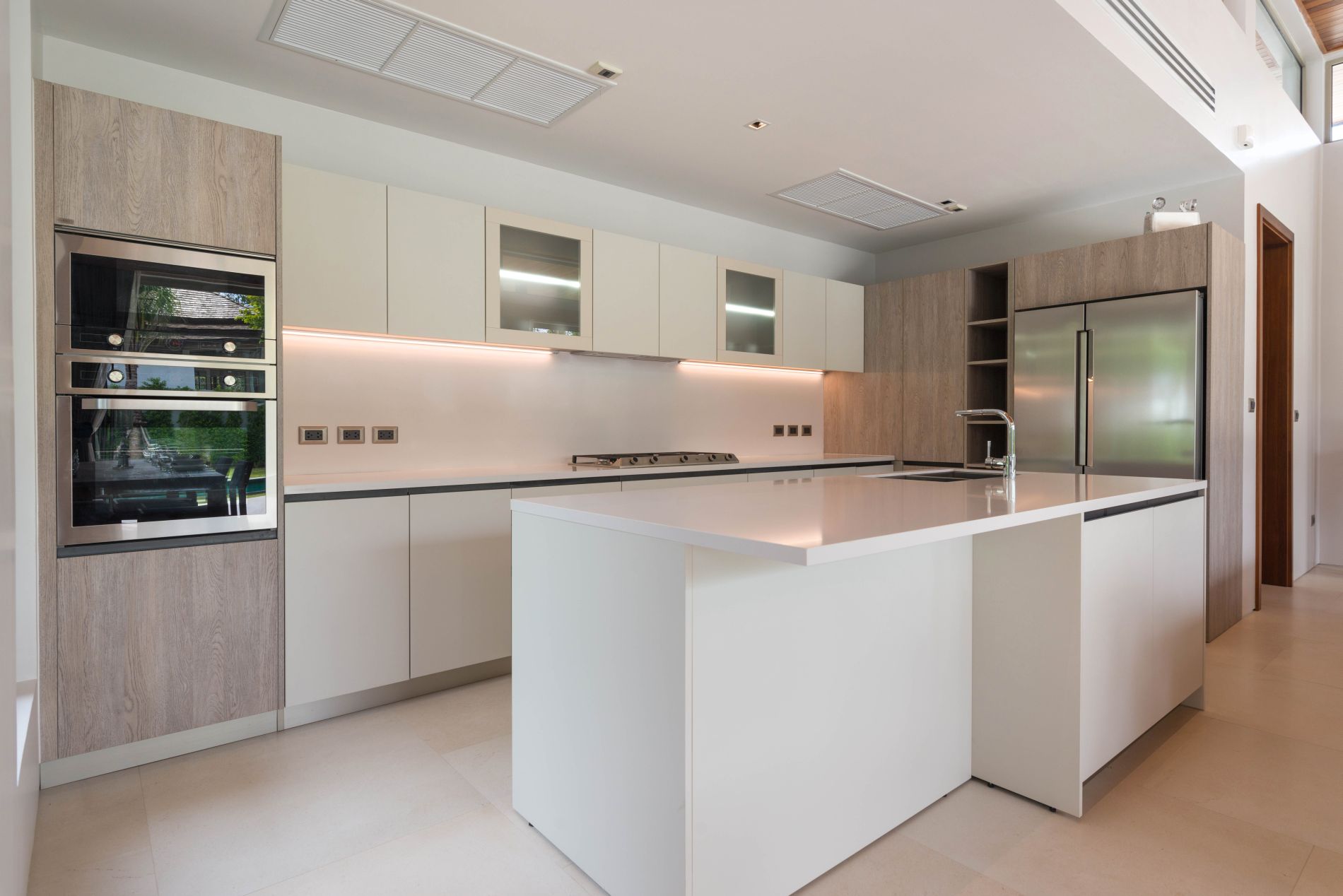When it comes to choosing kitchen benchtops, there is a vast range of products available on the market – from marble and granite to more cost-effective options like engineered stone and limestone.
Adding a natural stone benchtop can add an element of luxury and timelessness to your kitchen; however, with so many choices available, it can be difficult to pick the perfect one for your home. You might also want to consider the overall style of your home, including your furniture – take a look at “Smith Brothers Furniture Reviews Traditional Style Sofas and Recliners!” to ensure a harmonious design.
This guide is designed to help you understand why stone benchtops are the perfect choice for any type of kitchen renovation project and how you should go about selecting one that’s just right for your space.
Understand the Types of Stones Used for Kitchen Benchtops
Granite is one of the most popular choices because of its durability, beauty, and natural non-porous material.
Quartz, another highly sought-after option, offers a glossy look with subtle texture options and a wide range of colors.
Marble can bring timeless sophistication to a kitchen design and has become increasingly popular due to its classic style, but it requires regular maintenance due to its porous nature.
Soapstone is unique in both appearance and feel and provides a luxurious but more affordable alternative than marble or granite.
Limestone also has some distinct qualities, with each piece offering unique patterns and tones, so no two limestone benches are ever identical.
Understanding these various types of stones can help ensure that you get the perfect stone benchtop for your home’s kitchen design.
Consider the Durability and Maintenance Needs of Different Stones
When considering which stone is right for your stone kitchen benchtops, it’s important to know the durability and maintenance needs of different stones.
The most popular stones used in benchtops are granite, quartz, marble, soapstone, and limestone as each offers a unique look and feel.
Granite is an especially durable option, making it ideal for standing up to all the wear and tear of busy kitchens. As an added bonus, it comes in multiple colors.
Quartz is also hard-wearing, however because it is manmade you will need to be careful of any chipping or cracking that can occur when something heavy falls on the surface.
Marble and soapstone offer luxurious elegance with their natural veining; however they require more care than other materials due to their softer nature.
Lastly, limestone offers a unique cultural touch with its ancient patterns but does need regular sealing due to its high porosity level.
Compare Price Points depending on Stone Type and Thickness
Granite, quartz, marble, soapstone, and limestone are all popular choices due to their unique colors and textures, however high-end granite countertops tend to be on the more expensive side.
Quartz is a great choice that offers both beauty and affordability, while soapstone is typically the cheapest option.
Marble is another popular choice, but its cost can vary significantly depending on the thickness of the slab you select.
Limestone requires regular sealings in order to maintain its beauty, and its cost is similar to paying mid-range prices for marble.
No matter which stone you choose, make sure that you consider all factors, such as cost and maintenance before committing to one material so that you can enjoy your beautiful new stone kitchen benchtops for years to come.
Consider the Aesthetic Appeal and Colour Options of Different Types of Stone Benchtops
Granite is a durable option that comes in a variety of attractive natural hues, such as blue or green.
Quartz is available in a multitude of colours ranging from vibrant ones such as pink to more sophisticated tones like white or grey.
Marble provides an elegant look with its signature veined pattern but must be maintained carefully for the best results.
Soapstone creates a classic rustic feel with its matte texture and subtle swirling patterns.
Lastly, limestone is a softer choice characterised by its muted colours undulating surface textures and relatively higher porosity which makes it vulnerable to soiling unless sealed properly over time.
There is truly no one stone that’s best for everyone; determining which type of stone is right depends on your budget, preferences, and lifestyle necessities.
Get Professional Advice from a Qualified Kitchen Designer
While stone is an obvious choice for many homeowners looking to upgrade their kitchen space, there’s no room for guesswork: it’s important to make sure you get the right kind of stone kitchen benchtops to ensure your renovation meets both performance and design requirements.
To ensure you pick the right stone benchtop, consider getting professional advice from a qualified kitchen designer. With experience in understanding masonry materials, they can identify and source the best slabs based on quality, colour variation, texture standards, and other important criteria.
And unlike purchasing online or even visiting a showroom by yourself, professional advice allows access to wholesale suppliers offering an array of options not available directly to buyers.
Most importantly, though, they can advise which type of stone is most suitable for your project so that the overall look of your dream kitchen can be achieved without compromising functionality.

